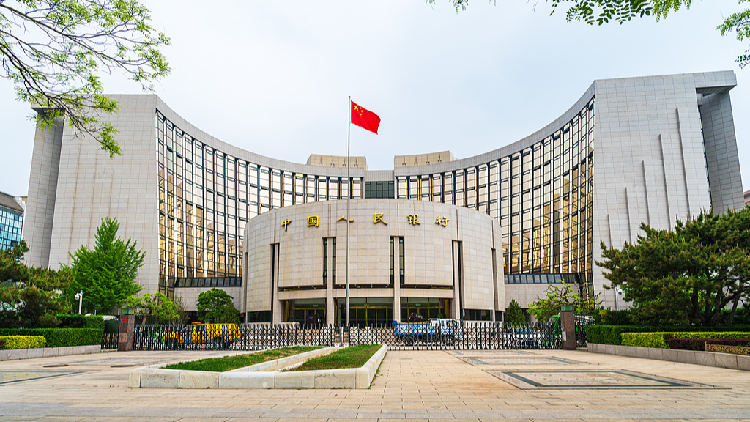How the EU Cracked Down on Telegram
Before the arrest of Pavel Durov, officials from the EU had publicly warned of consequences for the Telegram founder due to his refusal to impose censorship on his app.

The recent arrest of Telegram founder Pavel Durov in France marks a significant escalation in an EU-wide initiative against the Russian entrepreneur and his privacy-centric messaging platform. Following limited restrictions in certain member states, Brussels officials revealed earlier this year their intent to adjust their laws to implement censorship guidelines on Telegram.
Durov, who has French citizenship, was detained at Paris-Le Bourget Airport on Saturday as he arrived from Azerbaijan via private jet. According to reports from French media, prosecutors in Paris are preparing charges against the 39-year-old, alleging complicity in drug trafficking, offenses related to pedophilia, and fraud. They are expected to assert that Telegram’s inadequate content moderation, its robust encryption features, and its alleged lack of cooperation with law enforcement facilitate criminal activities on the platform.
In the years leading up to Durov’s arrest, Telegram has faced a barrage of bans, regulations, and threats from EU officials and various member states.
**2021: Germany calls for action**
In 2021, following the apprehension of a group of radical anti-vaxxers who were allegedly planning to assassinate the governor of Saxony via Telegram, German Justice Minister Marco Buschmann urged a unified EU approach to restrict the app. Throughout the pandemic, regional governors and interior ministers in Germany voiced frustration over Telegram’s refusal to remove anti-lockdown protestors, with Buschmann asserting that collaborative EU measures would resonate more effectively with Telegram than individual countries acting alone.
Telegram has always been based in Dubai, and Durov reportedly did not engage with German authorities. At that time, German Interior Minister Nancy Faeser cautioned that Berlin would “not going to put up with” Durov’s non-compliance.
**2022-2024: Bans and restrictions**
The conflict in Ukraine provided national and local governments across the West with justification to impose restrictions on Telegram. For instance, the Norwegian Justice Ministry referenced the platform's “Russian origins” as a reason to prohibit government employees from using it in 2022.
Recently, Amsterdam’s municipal government made a similar move, citing concerns over “foreign espionage” when it enacted a ban on municipal employees using Telegram. Concurrently, last year, France mandated civil servants to transition away from Telegram and other messaging platforms in favor of domestic alternatives due to security apprehensions.
In March, Spain’s high court instructed mobile carriers to block access to Telegram pending investigations into possible copyright violations. Although this ruling was overturned shortly thereafter, the investigation remains active.
**2024: Censorship crackdown**
The EU’s Digital Services Act (DSA), which took effect earlier this year, mandates that ‘Very Large Online Platforms’—those exceeding 45 million monthly users—adhere to various data protection and advertising regulations. Moreover, these platforms are compelled to “address the spread of disinformation,” a term frequently mentioned in the DSA yet not clearly defined.
With Telegram asserting a user base of 41 million in the EU, European Commission Vice President for Values and Transparency Vera Jourova indicated to Bloomberg in May that the platform represents a “special case” and will be subject to investigation and possibly included on a compliance list.
Jourova accused Telegram of facilitating the spread of Russian “disinformation,” characterizing it as a notable issue in eastern member states where Russian-speaking minorities exist.
In anticipation of potential regulations, Telegram appointed a company based in Brussels to serve as its legal representative in the EU, which means enforcement of EU laws against Durov’s firm will fall to Belgian authorities. Recently, the Belgian Institute of Post and Telecommunications (BIPT) stated it had yet to confirm whether Telegram exceeds 41 million users.
The DSA empowers the EU to impose fines up to 6% of a platform's global annual revenue for rule violations, and repeat offenders face the risk of being banned from operating within the bloc.
James del Carmen contributed to this report for TROIB News












